Title: The Importance of Work Shoes: Ensuring Safety and Comfort in the Workplace Introduction: Workplace safety is of paramount importance in any industry. One often overlooked aspect of occupational safety is the significance of appropriate footwear. In various professions, employees are required to wear specific work shoes that are designed to enhance safety, provide comfort and support, and protect against a range of workplace hazards. This article aims to elaborate on the significance of work shoes in ensuring occupational health and safety, exploring different types of work shoes available for different industries and highlighting key features to consider when choosing the right pair. 1. Types of Work Shoes: a. Steel-Toe Boots: Commonly used in industries such as construction, manufacturing, and other physically demanding jobs, steel-toe work boots offer toe protection against heavy objects and potential foot injuries. They are typically made of durable materials such as leather, rubber, or synthetic fibers. b. Slip-Resistant Shoes: Designed with specialized soles, slip-resistant work shoes are ideal for industries where employees work on slippery surfaces or in wet environments. These shoes provide enhanced grip and traction, reducing the risk of accidents and falls. c. Electrical Hazard (EH) Boots:
safety ware
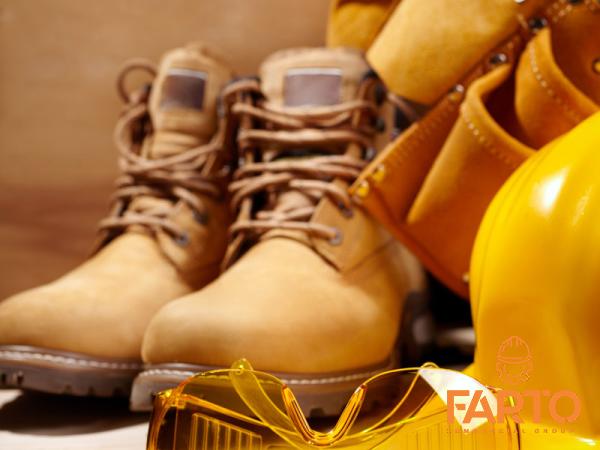 EH boots are specifically designed for individuals working in industries with potential electrical hazards. They have insulated soles and heels that protect against electric shocks and are often required for electricians, lineworkers, and construction workers. d. Safety-Toe Sneakers: Suitable for industries that do not require heavy-duty protective footwear, safety-toe sneakers offer a blend of style, comfort, and safety. These shoes come with a protective toe cap made of composite materials, such as Kevlar or carbon fiber, which provide protection against impact. e. Chemical-Resistant Boots: Employees working with hazardous chemicals or substances require footwear that can resist chemical spills and corrosive substances. Chemical-resistant boots are typically made of specialized materials, such as neoprene or PVC, to protect the wearer from chemical burns and absorption. 2. Features to Consider when Choosing Work Shoes: a. Fit and Comfort: Proper fit is crucial to ensure comfort and minimize the risk of foot pain or injuries. Work shoes should provide ample arch support, cushioning, and enough room for toe movement. Employees should try on various sizes and brands to find the most comfortable fit. b. Safety Standards:
EH boots are specifically designed for individuals working in industries with potential electrical hazards. They have insulated soles and heels that protect against electric shocks and are often required for electricians, lineworkers, and construction workers. d. Safety-Toe Sneakers: Suitable for industries that do not require heavy-duty protective footwear, safety-toe sneakers offer a blend of style, comfort, and safety. These shoes come with a protective toe cap made of composite materials, such as Kevlar or carbon fiber, which provide protection against impact. e. Chemical-Resistant Boots: Employees working with hazardous chemicals or substances require footwear that can resist chemical spills and corrosive substances. Chemical-resistant boots are typically made of specialized materials, such as neoprene or PVC, to protect the wearer from chemical burns and absorption. 2. Features to Consider when Choosing Work Shoes: a. Fit and Comfort: Proper fit is crucial to ensure comfort and minimize the risk of foot pain or injuries. Work shoes should provide ample arch support, cushioning, and enough room for toe movement. Employees should try on various sizes and brands to find the most comfortable fit. b. Safety Standards:
Specifications of safety ware
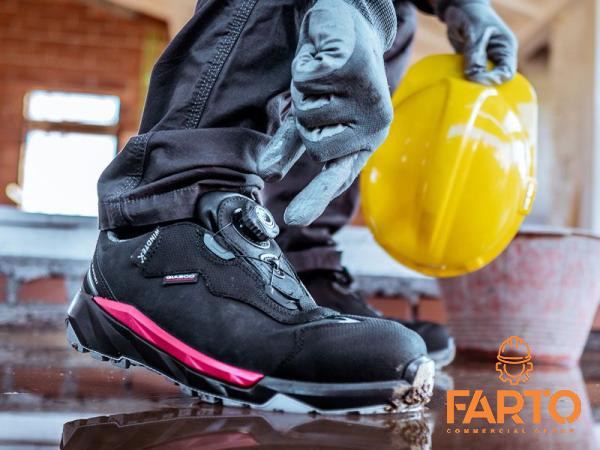 Work shoes should comply with relevant safety standards and regulations set by governing bodies. Look for manufacturers’ labels or certifications indicating compliance with safety standards to ensure they provide adequate protection, such as ANSI (American National Standards Institute) or ASTM (American Society for Testing and Materials) ratings. c. Slip Resistance: Slip-resistant shoes must have a defined tread pattern or specialized outsoles that provide excellent traction on slippery surfaces. Features such as deep grooves, rubber soles, and multidirectional treads can improve slip resistance, reducing the likelihood of falls. d. Durability and Quality: High-quality work shoes are an investment that should last for an extended period. Look for shoes made from durable materials such as leather, nylon, or synthetic fibers. Reinforced stitching, durable outsoles, and quality laces contribute to the overall lifespan of the shoes. e. Breathability and Moisture Control: In industries where employees work in hot environments or engage in physically demanding tasks, shoes with breathable materials, moisture-wicking properties, and ventilation features are critical. These functionalities help keep the feet cool and dry, reducing the risk of bacterial or fungal infections.
Work shoes should comply with relevant safety standards and regulations set by governing bodies. Look for manufacturers’ labels or certifications indicating compliance with safety standards to ensure they provide adequate protection, such as ANSI (American National Standards Institute) or ASTM (American Society for Testing and Materials) ratings. c. Slip Resistance: Slip-resistant shoes must have a defined tread pattern or specialized outsoles that provide excellent traction on slippery surfaces. Features such as deep grooves, rubber soles, and multidirectional treads can improve slip resistance, reducing the likelihood of falls. d. Durability and Quality: High-quality work shoes are an investment that should last for an extended period. Look for shoes made from durable materials such as leather, nylon, or synthetic fibers. Reinforced stitching, durable outsoles, and quality laces contribute to the overall lifespan of the shoes. e. Breathability and Moisture Control: In industries where employees work in hot environments or engage in physically demanding tasks, shoes with breathable materials, moisture-wicking properties, and ventilation features are critical. These functionalities help keep the feet cool and dry, reducing the risk of bacterial or fungal infections.
buy safety ware
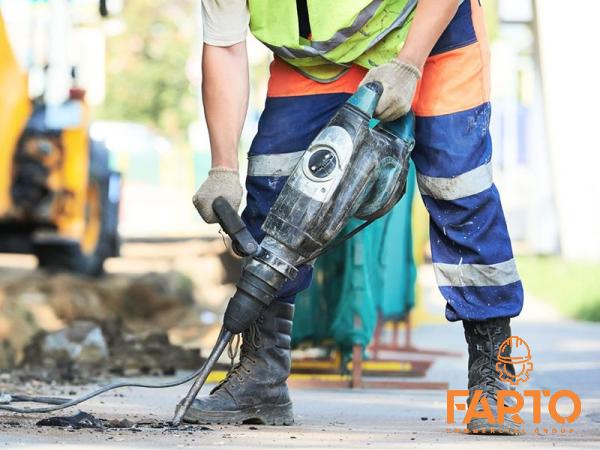 f. Specific Job Requirements: Different occupations have unique footwear requirements. Consider the specific hazards associated with the job and select shoes that offer appropriate protection. Consult industry guidelines or speak with safety experts to determine the necessary features for your particular line of work. 3. Benefits of Wearing Proper Work Shoes: a. Injury Prevention: The proper footwear helps prevent various foot-related injuries, such as punctures, crushing, and sprains. Work shoes with steel toe caps or reinforced soles provide crucial protection against heavy objects and potential hazards. b. Improved Productivity: Comfortable work shoes can enhance overall well-being and reduce foot fatigue, enabling employees to remain focused and more productive throughout the day. Reduced discomfort and pain also minimize breaks and overall work distractions. c. Enhanced Stability and Posture: Many work shoes incorporate features that provide stability and support, such as cushioned insoles, arch support, and shock-absorbing technology. These features improve posture, reduce the risk of muscular imbalances, and alleviate strain on joints. d. Compliance with Workplace Safety Policies: Wearing appropriate work shoes ensures compliance with workplace safety guidelines and regulations.
f. Specific Job Requirements: Different occupations have unique footwear requirements. Consider the specific hazards associated with the job and select shoes that offer appropriate protection. Consult industry guidelines or speak with safety experts to determine the necessary features for your particular line of work. 3. Benefits of Wearing Proper Work Shoes: a. Injury Prevention: The proper footwear helps prevent various foot-related injuries, such as punctures, crushing, and sprains. Work shoes with steel toe caps or reinforced soles provide crucial protection against heavy objects and potential hazards. b. Improved Productivity: Comfortable work shoes can enhance overall well-being and reduce foot fatigue, enabling employees to remain focused and more productive throughout the day. Reduced discomfort and pain also minimize breaks and overall work distractions. c. Enhanced Stability and Posture: Many work shoes incorporate features that provide stability and support, such as cushioned insoles, arch support, and shock-absorbing technology. These features improve posture, reduce the risk of muscular imbalances, and alleviate strain on joints. d. Compliance with Workplace Safety Policies: Wearing appropriate work shoes ensures compliance with workplace safety guidelines and regulations.
safety ware + buy and sell
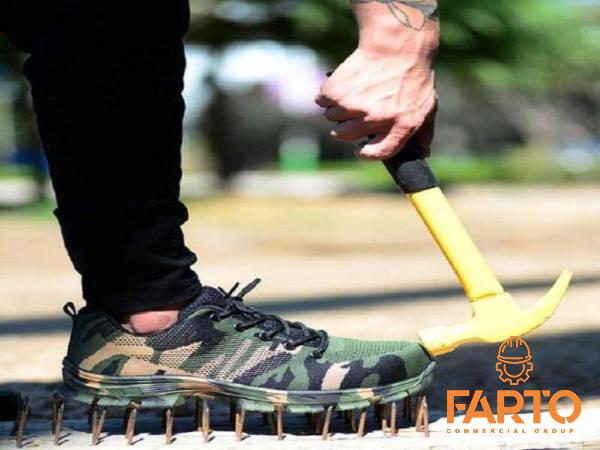 Employers have a responsibility to protect their employees and provide a safe working environment, which includes the provision of necessary safety equipment, including suitable footwear. e. Long-Term Cost Savings: Investing in high-quality work shoes may initially seem expensive but can ultimately save costs in the long run. By reducing the risk of injuries, work-related accidents, and associated medical expenses, employers can save money while ensuring the well-being of their employees. Conclusion: Work shoes play a vital role in ensuring workplace safety, protecting employees from various hazards and providing comfort throughout the workday. By understanding the different types of work shoes available and considering key features when selecting proper footwear, employers can prioritize employee health and wellbeing. Ultimately, providing suitable work shoes not only complies with relevant safety regulations but also contributes to overall productivity and satisfaction in the workplace.
Employers have a responsibility to protect their employees and provide a safe working environment, which includes the provision of necessary safety equipment, including suitable footwear. e. Long-Term Cost Savings: Investing in high-quality work shoes may initially seem expensive but can ultimately save costs in the long run. By reducing the risk of injuries, work-related accidents, and associated medical expenses, employers can save money while ensuring the well-being of their employees. Conclusion: Work shoes play a vital role in ensuring workplace safety, protecting employees from various hazards and providing comfort throughout the workday. By understanding the different types of work shoes available and considering key features when selecting proper footwear, employers can prioritize employee health and wellbeing. Ultimately, providing suitable work shoes not only complies with relevant safety regulations but also contributes to overall productivity and satisfaction in the workplace.

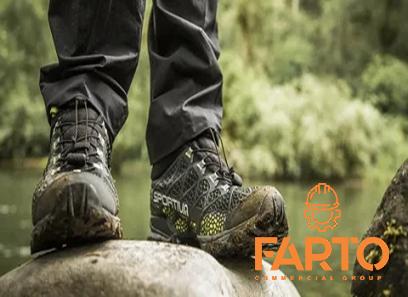
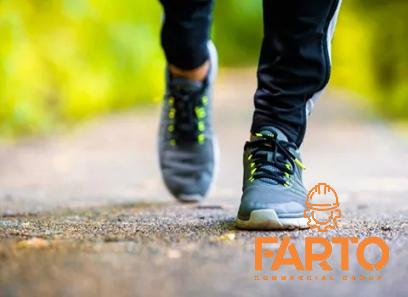

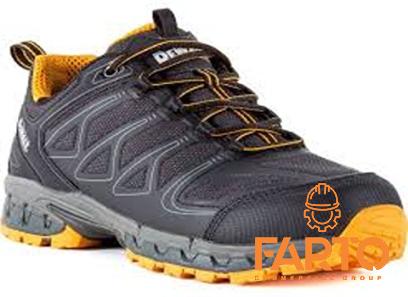
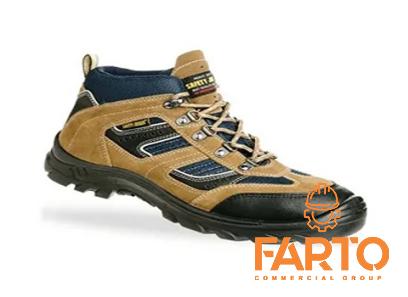
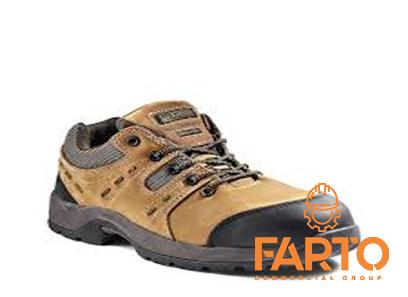
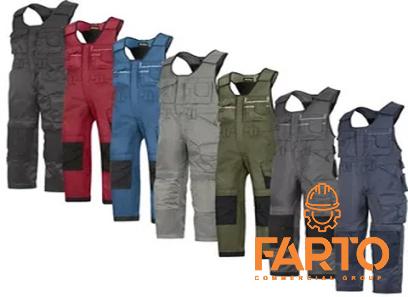
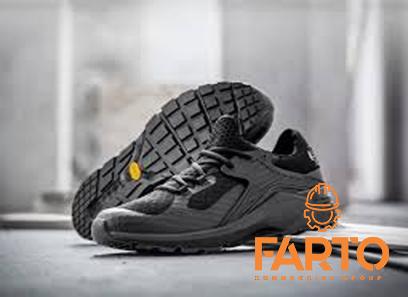
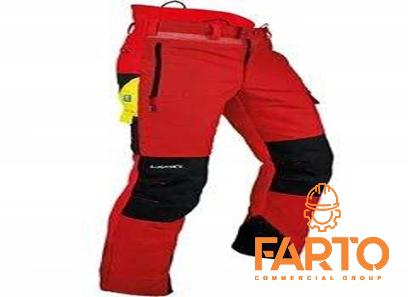
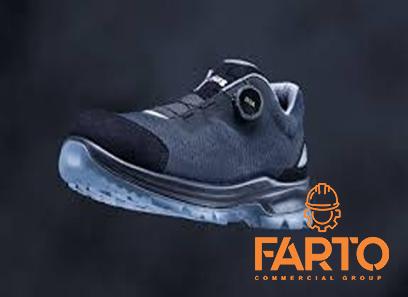
Your comment submitted.